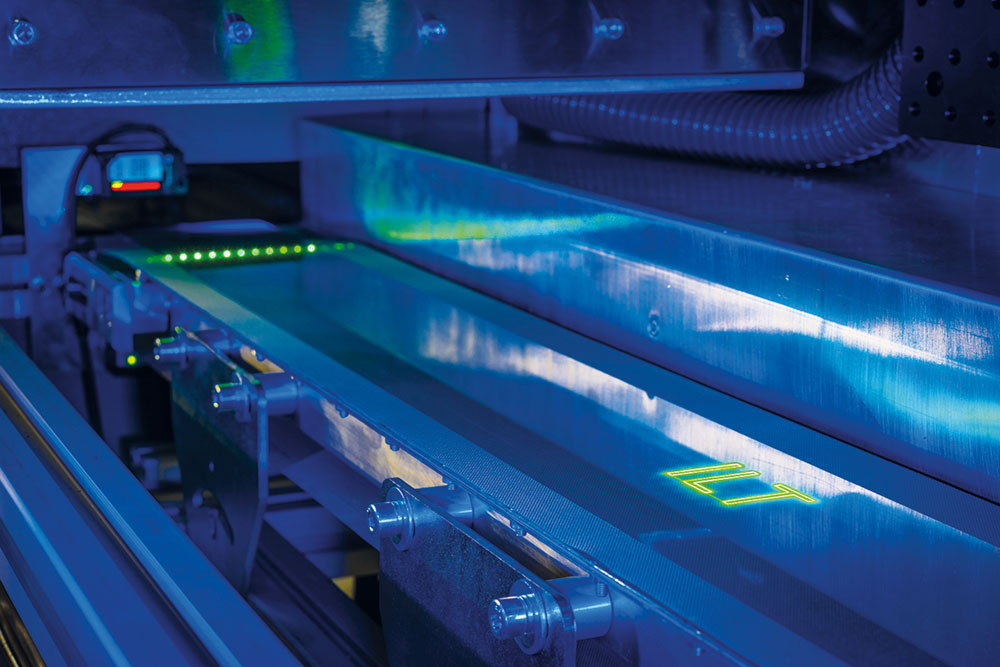 Under the leadership of the Fraunhofer Institute for Laser Technology ILT in Aachen, five project partners from industry and research are developing technologies for the roll-to-roll production of organic photovoltaics in the EffiLayers project. The aim of the NRW lead market project is to enable machine manufacturers based in North Rhine-Westphalia to play a pioneering role in the market for flexible thin-film solar cells and printed electronics. The project is funded by the European Regional Development Fund.
Under the leadership of the Fraunhofer Institute for Laser Technology ILT in Aachen, five project partners from industry and research are developing technologies for the roll-to-roll production of organic photovoltaics in the EffiLayers project. The aim of the NRW lead market project is to enable machine manufacturers based in North Rhine-Westphalia to play a pioneering role in the market for flexible thin-film solar cells and printed electronics. The project is funded by the European Regional Development Fund.
Organic photovoltaic cells (OPV cells) are less efficient than silicon-based solar cells, but are flexible and transparent. This allows them to be integrated functionally and decoratively into facades, for example.
The layers of OPV cells are only a few nanometers thick. The large-area coating of flexible substrates using thin-film technology means that only small quantities of material are required. Production on an industrial scale can be realized using the roll-to-roll process. Compared to silicon photovoltaic production, manufacturing costs are also lower here, as energy-intensive and costly process steps are eliminated.
The EffiLayers research project was launched in September 2019 with the aim of implementing the production process using innovative analysis and process technologies. In the project, expensive, energy-intensive sputtering processes are replaced by wet-chemical coating processes.
The functional layers are applied on top of each other using wet-chemical solutions by means of heatable slot die coating. The 10 to 250 nm thick layers are processed with various laser sources from the short-pulse and ultrashort-pulse range. During the process, laser drying and thin-film removal are used to separate individual cells and to remove the layers in the edge area. The OPV cells are then sealed by laser encapsulation with a barrier film to protect them from environmental influences.
An ultrashort pulse laser in the femtosecond regime separates the layers so that individual cells are connected to each other in series. Eleven partial beams are directed onto the surface while the strip is moving. Ludwig Pongratz, research associate at the ILT, explains: "The laser beams separate the layered composite in a targeted manner, so that in the end twelve serially connected sub-cells are produced on a single strip. The challenge is to selectively remove the individual nanometer-thick layers without damaging the underlying layers or causing short circuits."
The ILT is cooperating with the Chair of Laser Application Technology (LAT) at Ruhr University Bochum. Both research institutes work closely together with the system manufacturer Coatema Coating Machinery from Dormagen, the communication experts from Ortmann Digitaltechnik in Attendorn and LIMO from Dortmund. Among other things, LIMO supplies the optical components for the eleven partial beams.




